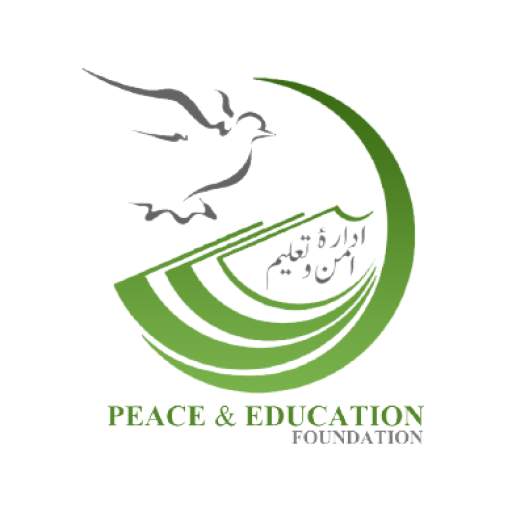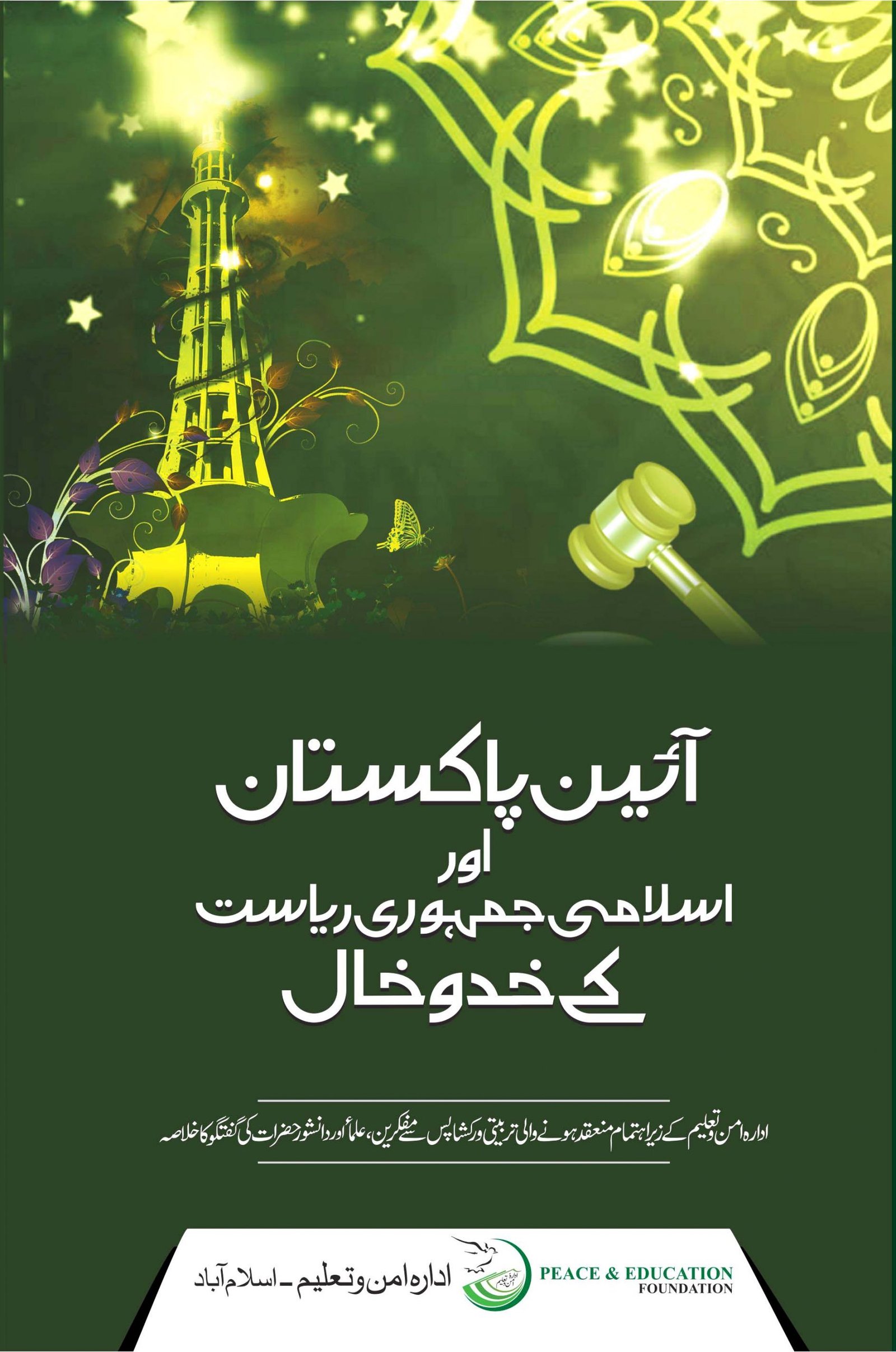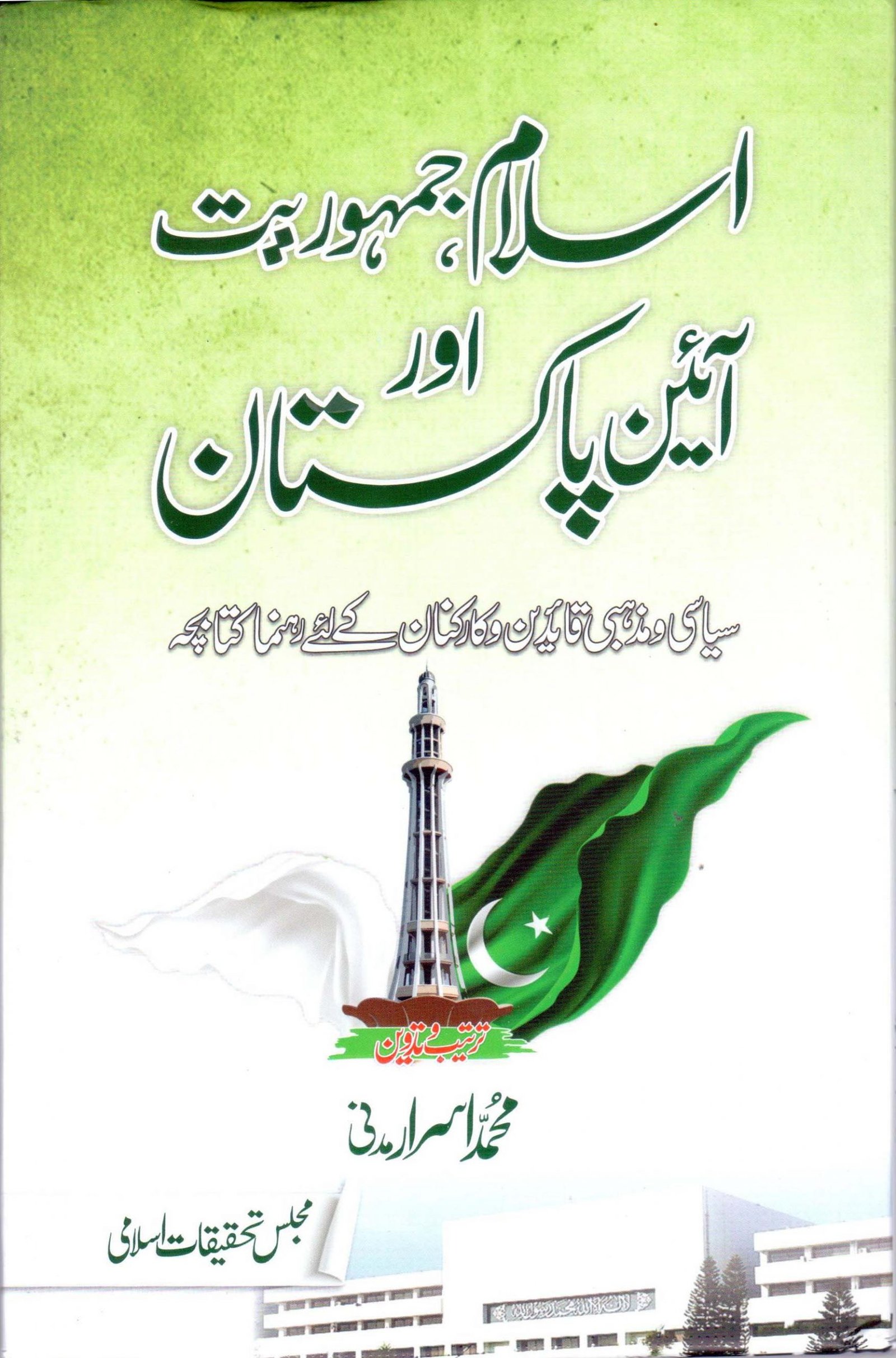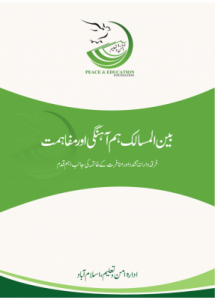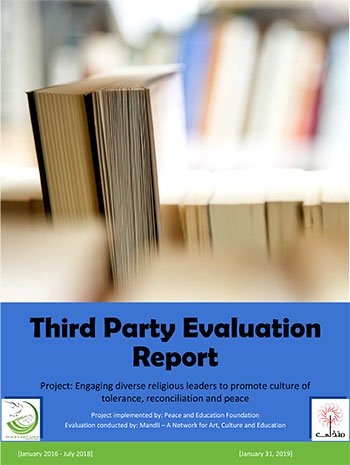In this issue, we highlight the story of an Imam from Khyber Pakhtunkhwa (KPK), who used to air weekly radio sermons through a FM Radio Station in his area. His sermons often carried messages of bigotry, blatant anti-Western sentiment and intolerance against minorities. In addition, he often expressed distaste towards “Westernized Pakistanis” in appearance or thought. He even went as far to police young boys adhering to the Western dress code by ripping off their shirt collars and cutting the bottom of their pants. His weekly sermons and radio programs became infamous for hate speech induced violence, which often referred to health workers as “American agents” for administering polio vaccinations.
To provide a brief context, Pakistan is one of the two remaining countries to eradicate this endemic viral infection since the launch of the polio immunization campaign in 1974. Fast-forward 40 years later, the country was ranked at the top for having the world’s highest number of cases. Though polio is a vaccine-preventable disease, under-vaccination remains an issue due to the general population being uninformed, having a lack of accessibility and considering the vaccine as insignificant. Apart from being a health issue, the effort to eradicate polio comes with many security concerns. In the past, extremist militants have repeatedly targeted vaccination centers, police guards and health workers. Many people believe that the vaccines are a Western conspiracy to sterilize Pakistani children, and some parents even refuse to vaccinate their children due to fear or misinformation.
However, after attending the PEF Imam Workshop in November 2012, he returned to his community and started including more positive messages in his sermons–capturing the attention of many of his followers. He advocated for tolerance, understanding the ‘other’ and serving the community in a more peaceful manner. He stopped referring to polio workers as “agents of the West” and now fully supports the cause to eradicate the disease.
After all, his efforts did not go in vain. As of October 2016, Khyber Pakhtunkhwa has cut down its polio cases by half since 2015–dropping the number from 39 to 14. This remarkable progress highlights the agency that religious leaders have in offering guidance to community members and creating a more a well-informed society.
